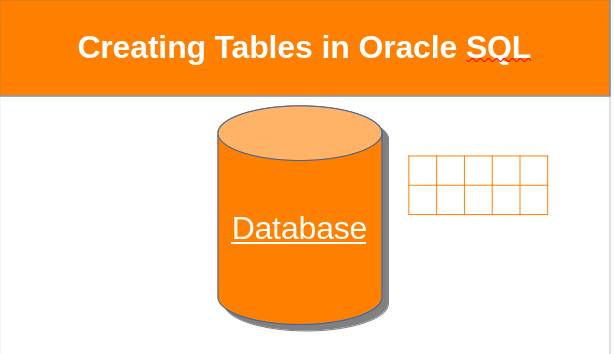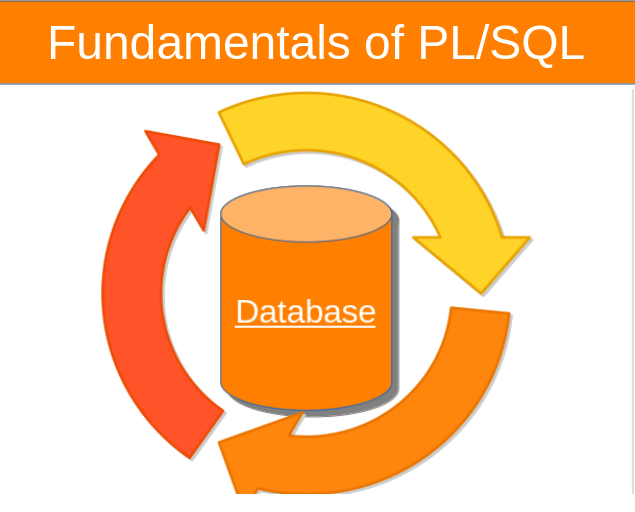Creating Tables in Oracle SQL
- compnomics
- Aug 28, 2024
- 2 min read
Creating tables is a fundamental operation in SQL, forming the backbone of any database structure. In Oracle SQL, the CREATE TABLE statement is used to define the structure of a new table, specifying its columns, data types, and constraints.
Syntax of the CREATE TABLE Statement
CREATE TABLE table_name (
column1 data_type [constraints],
column2 data_type [constraints],
...
);
table_name: The name you want to give to your new table.
column1, column2, ...: The names of the columns in your table.
data_type: The data type for each column (e.g., NUMBER, VARCHAR2, DATE).
constraints: Optional constraints that define rules for the data in the column (e.g., NOT NULL, UNIQUE, PRIMARY KEY, FOREIGN KEY).
Example: Creating a Student Table
Let's create a Students table with the following columns:
Student ID: A unique identifier for each student (INTEGER)
Student Name: The student's name (VARCHAR2)
Address: The student's address (VARCHAR2)
Phone: The student's phone number (VARCHAR2)
City: The student's city (VARCHAR2)
District: The student's district (VARCHAR2)
State: The student's state (VARCHAR2)
CREATE TABLE Students (
Student_ID NUMBER PRIMARY KEY,
Student_Name VARCHAR2(100),
Address VARCHAR2(200),
Phone VARCHAR2(20),
City VARCHAR2(50),
District VARCHAR2(50),
State VARCHAR2(50)
);
In this example:
We've named the table Students.
We've defined columns for Student_ID, Student_Name, Address, Phone, City, District, and State.
We've specified the Student_ID column as the primary key, ensuring that each student has a unique identifier.
Additional Considerations
Data Types: Choose appropriate data types based on the expected data. For example, use NUMBER for numeric values and VARCHAR2 for character data.
Constraints: Use constraints to enforce data integrity and consistency. Common constraints include:
NOT NULL: Ensures that a column cannot be null.
UNIQUE: Ensures that values in a column are unique.
PRIMARY KEY: Defines the primary key of a table.
FOREIGN KEY: Creates a relationship between two tables.
Indexes: Consider creating indexes on frequently queried columns to improve query performance.
By following these guidelines, you can effectively create tables in Oracle SQL and lay the foundation for your database applications.





Comments